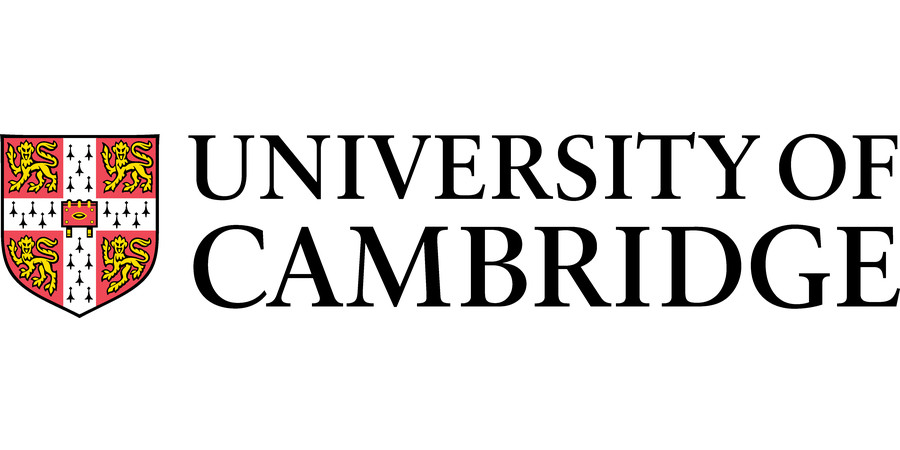Marie Curie Research Fellow (Fixed Term)
University of Cambridge - Department of Physics
| Qualification Type: | PhD |
|---|---|
| Location: | Cambridge |
| Funding amount: | Not Specified |
| Hours: | Full Time |
| Placed On: | 28th April 2025 |
|---|---|
| Closes: | 16th May 2025 |
| Reference: | KA45807 |
We are seeking applicants for a PhD Fellowship in the framework of the MSCA Doctoral Network MASAUTO: MAterials for Smarter AUTOnomous sensors.
MASAUTO is a research and training program for 12 Doctoral Candidates (DCs), focusing on developing a new generation of materials that will overcome the current bottlenecks in the capability and capacity of autonomous sensors. The ongoing exponential growth of the internet of things (IoT) ecosystem - which could reach a trillion devices in the near future - poses a serious challenge in terms of powering and interconnecting the underlying devices. The full potential of the IoT will only be achievable if devices i) have a reliable and sustainable autonomous power supply, and ii) are capable of processing information with reduced power requirements. A promising approach to address the first challenge is the use of an energy harvester-supercapacitor combination, while for the second challenge a promising strategy is the use of non-volatile random-access memories. It is, therefore, crucial to develop materials for energy harvesting and storage, as well as low power electronics. The overarching aim of the network is to position Europe as a leader in autonomous sensors for smart healthcare, industry and agriculture. More details can be viewed here: https://euraxess.ec.europa.eu/jobs/327706
Graduates of MASAUTO will be well-prepared for a career in as well as outside academia with an innovative and beyond state-of-the-art view on different aspects of materials and device development for smart sensors applications. MASAUTO offers DCs unique exciting opportunities, including:
- A project as a Marie Sklodowska Curie trainee in one of the participating institutions with the objective of becoming an experienced researcher and obtaining a doctoral degree (PhD);
- State-of-the art, exciting research in an international consortium with highly integrated projects;
- Solid multidisciplinary scientific training, from basic science to industrial applications, along with a complementary training in transferable skills, such as communication, entrepreneurship, intellectual property rights and ethics;
- A research training period in another consortium member's lab, performed in a different country;
- Gross Salary according to EU guidelines for Marie Sklodowska Curie trainees, including mobility payments and family allowances where applicable. The salary consists of the gross Monthly Living Allowance of 3.400,00 EUR per month pondered by the EU correction coefficient (specific for the countries where the hosting Institutions are located). In addition, a Mobility Allowance of 600,00 EUR per month will be paid, and also possibly another 660,00 EUR per month of Family Allowance depending on marital status. The DC salary is subject to local tax, employee and employer social contributions, and other deductions following national regulations.
The Fellowship is offered in conjunction with a PhD position, subject to the Fellow satisfying the University's admissions requirements for PhD study, and candidates should submit a formal application to the University of Cambridge for a PhD in Physics.
The successful candidate will have an MSc degree in Physics, Chemistry or related field. You will also have outstanding academic records, and excellent communication skills in oral and written English.
Please ensure your application includes your CV, a list of grades/diplomas, a copy of the certificate for your highest qualification, and the contact details for at least two referees. You should also include a cover letter detailing your reasons for applying.
Applications received after the closing date will not be considered.
The University actively supports equality, diversity and inclusion and encourages applications from all sections of society.
Advert information
Type / Role:
Subject Area(s):
Location(s):









